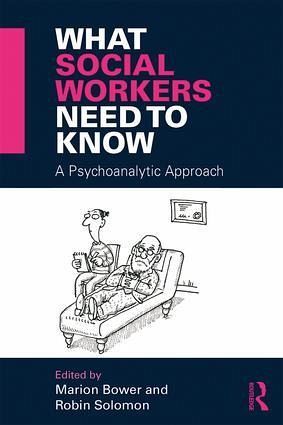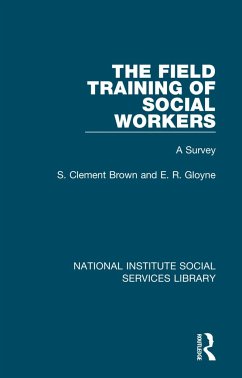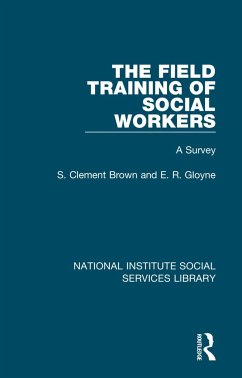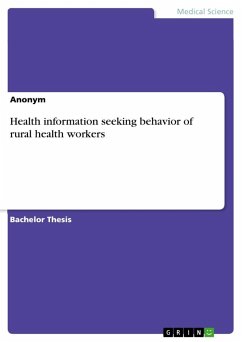
What Social Workers Need to Know
A Psychoanalytic Approach
Herausgeber: Bower, Marion; Solomon, Robin

PAYBACK Punkte
25 °P sammeln!
Social work deals with the heavy end of human difficulties such as cruelty, self-destructiveness, and severe and enduring mental health problems. How do social workers make sense of the emotional difficulties which come with the realities of practice? Understanding our clients is the best way of dealing with complex situations and avoiding burnout and stress. The contributors to this book argue that psychoanalysis provides a theory of development and behaviour capable of formulating a realistic model for understanding emotional difficulties and disturbances in both clients and ourselves. The c...
Social work deals with the heavy end of human difficulties such as cruelty, self-destructiveness, and severe and enduring mental health problems. How do social workers make sense of the emotional difficulties which come with the realities of practice? Understanding our clients is the best way of dealing with complex situations and avoiding burnout and stress. The contributors to this book argue that psychoanalysis provides a theory of development and behaviour capable of formulating a realistic model for understanding emotional difficulties and disturbances in both clients and ourselves. The chapters demonstrate a way of thinking for the practitioner that can be used in all situations. The book examines in detail some of the difficult and disturbing conversations that social workers have with clients of all ages. It provides a psychoanalytic framework for understanding circumstances which may be puzzling, stressful or frightening, and a theory whose value for many social work problems is well underpinned by research evidence. Written by senior practitioners who are all still working in the front line, this book puts complex real life experiences into words, to help the social worker become a more effective practitioner.














